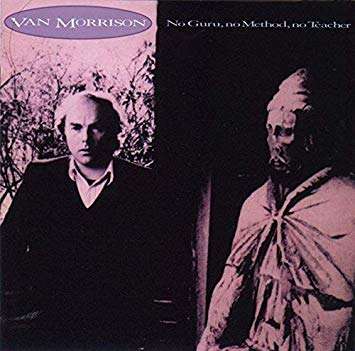
“Oh the Warm Feeling” (1986) – Van Morrison

an ever growing collection of short commentary on memorable tracks

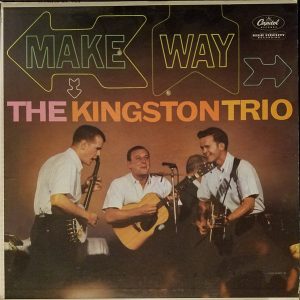
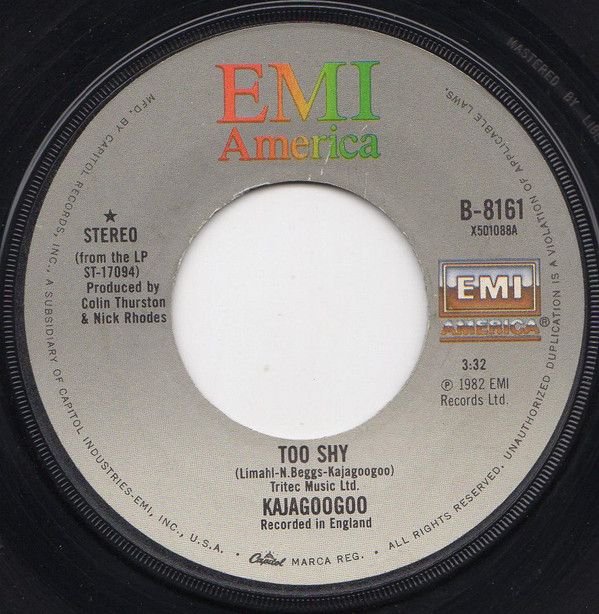
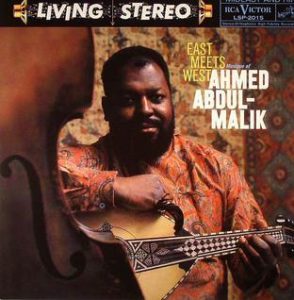
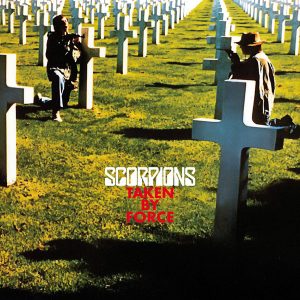
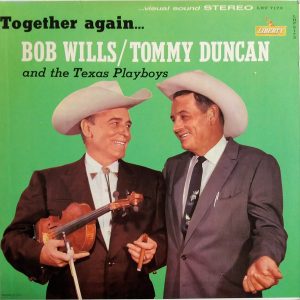
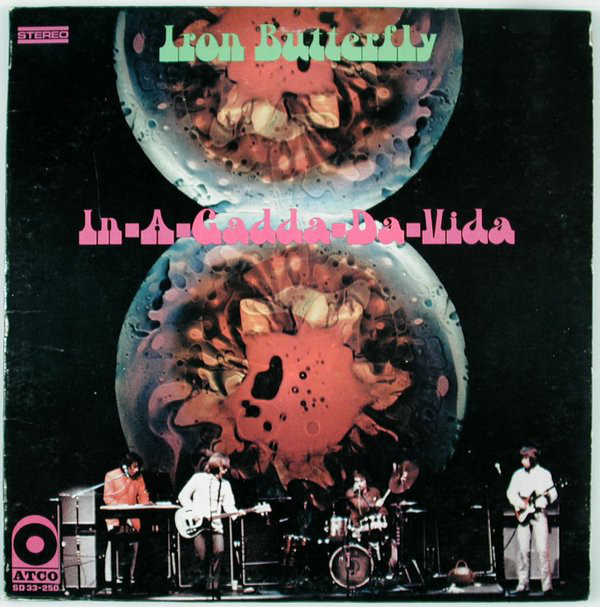

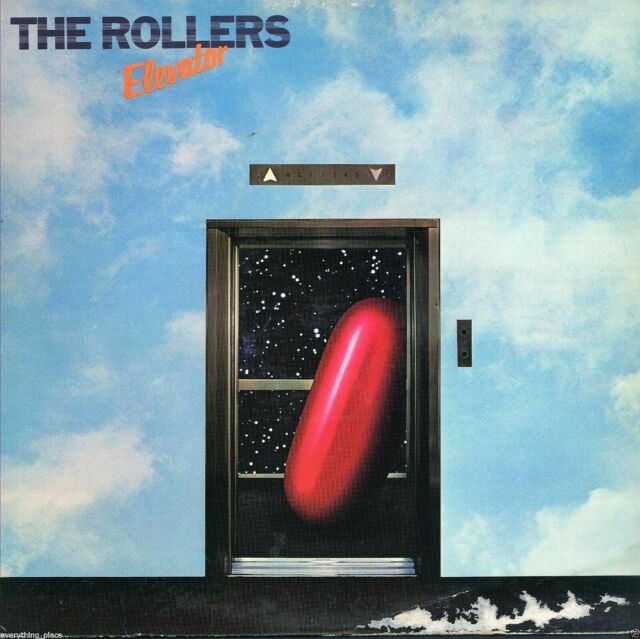
“Elevator” (1979) – The Rollers * Written by Eric Faulkner, Duncan Faure, and Stewart Wood * Produced by Peter Ker * LP: Elevator * Label: Arista
The Bay City Rollers reconstruction project started with the Elevator album. It was their first post-Krofft Superstar Hour event and included a number of loud hints that they were interested in ditching the preteen audience. They put a barbituate on the cover. (A downer going up.) They put a moustache on guitarist Eric Faulkner and abolished the words “bay” and “city.” They banished former frontman Les McKeown and included the words “erection” and “shit” on their lyric sheet. But in spite of such try-hard invitations for ongoing ridicule was the secret reality that they had released their finest album, a power-pop pleasure piece. Producer Peter Ker had been in the midst of working with the Motors, and new Roller frontman Duncan Faure, from South Africa, was showing a clear penchant for—and investment in—songcraft that carried on throughout their next two (and final) albums, each of them highly listenable yet awkwardly marketed affairs.
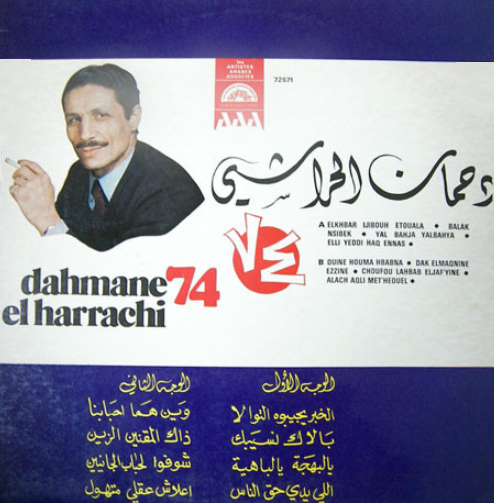 “Yal Bahja Yalbahya” (1974) – Dahmane El Harrachi * LP: 74 * Label: Les Artistes Arabes Associés
“Yal Bahja Yalbahya” (1974) – Dahmane El Harrachi * LP: 74 * Label: Les Artistes Arabes Associés
An album like Dahmane El Harrachi’s 74 is a godsend in that it verifies, more or less, the year of release. The balmy sea of Middle Eastern music is notoriously undocumented, even in regard to titans like Algeria’s king of chaabi (whose birth name is Amrani Abderrahmane). A greater portion of El Harrachi’s most well-known recorded output, such as the immigration anthem “Yah Rayah,” appears to come from the ’70s, when festival appearances gave him a career resurgence at home after spending several decades in France. The title of this track refers to “joy,” but after listening, you wouldn’t need a dictionary to know that.